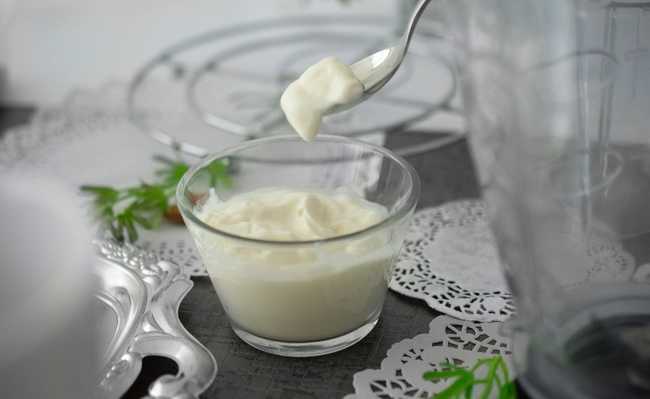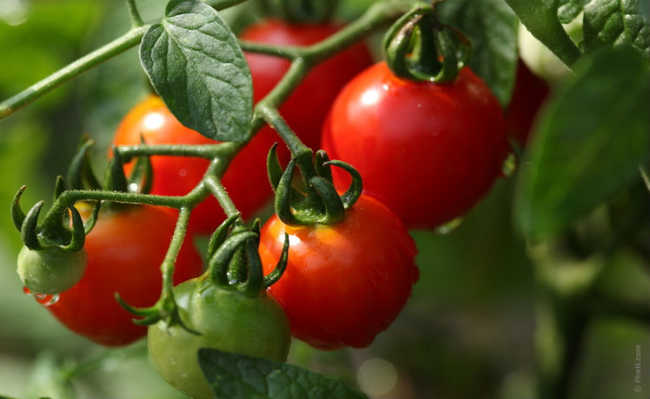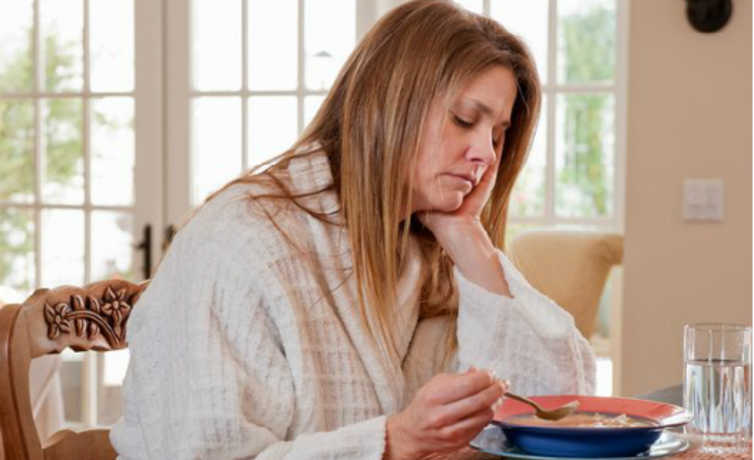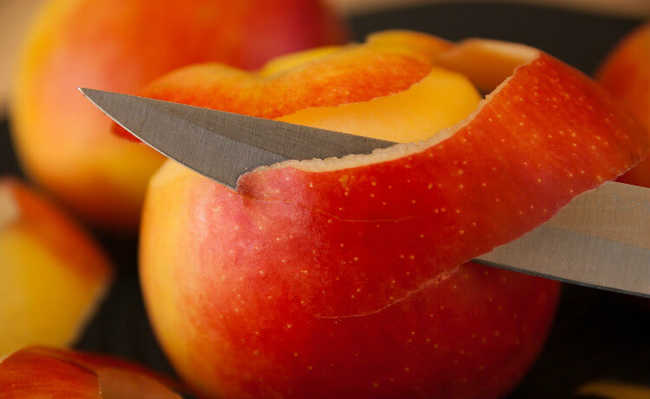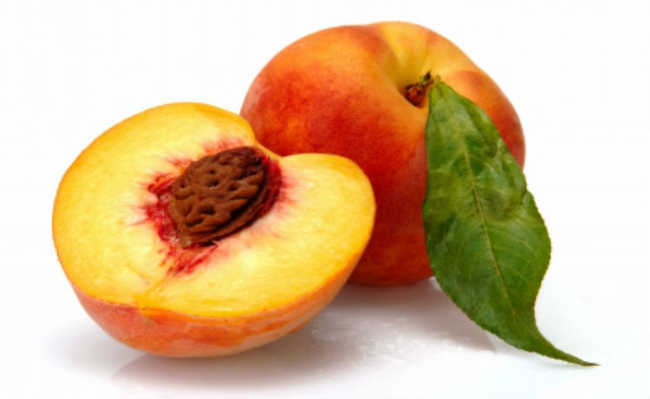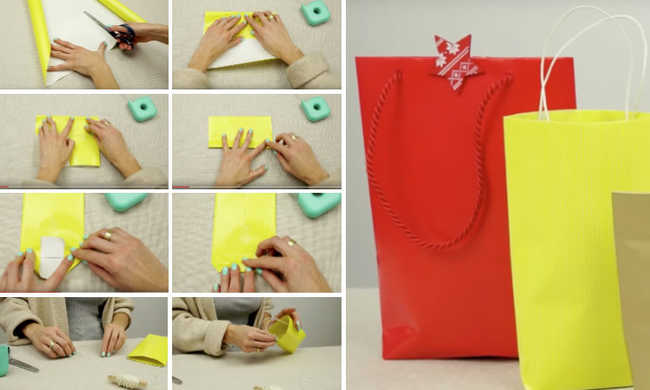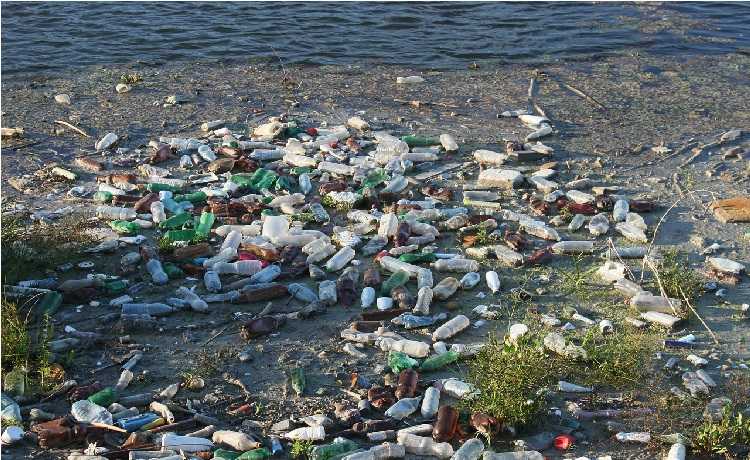Selective collection of organic waste: how to do it
Home compost is the best alternative to organic waste. Understand
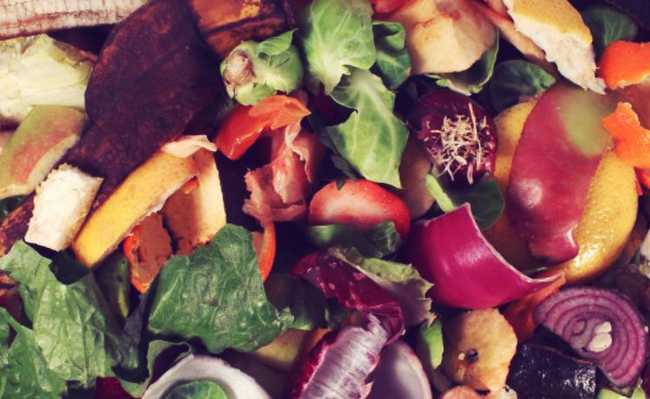
Organic garbage collection exists - you've probably seen colored garbage bins with the word "organic" written on the brown bin. This means that organic waste must also be separated. This is because, when we separate it, we prevent it from contaminating other materials such as plastic, for example, and harming recycling. In addition, the organic waste itself is recyclable, which is why it is also important not to contaminate it with other types of materials so as not to make recycling unfeasible.
- What is organic waste and how to recycle it at home
Organic waste is recyclable. It is important that the selective collection of organic waste is carried out. However, separating organic waste is no guarantee that these rejects will be recycled, as recycling depends on issues other than separation, including economic factors. In addition, there are few collection points that are interested in receiving food waste disposal. Usually the collection points receive plant debris such as pruning and fallen branches. Therefore, just separating organic waste for selective collection is not enough to guarantee a satisfactory future for its disposal.
- What is compost and how to make it
What to do for the selective collection of organic waste
One way to ensure your organic waste is recycled is to recycle it yourself at home!
The selective collection of homemade organic waste is the first step to start recycling organic waste at home.
Organic waste is a material of biological origin, it can come from animal or plant life, also known as "wet waste". But, at home, the ideal is that only vegetable waste, such as banana peels, tea, beet husks, dried leaves from the backyard, etc., is recycled.
Domestic composting is a means by which vegetable food waste can be recycled.
- Domestic composter: the solution for organic waste at home

Domestic composters are practical hygienic instruments that make the entire process of transforming organic waste into humus viable.
They are very easy to assemble and can be found in different sizes and models, which fit easily even in small apartments.
In addition to the more traditional composters, there are Humi composters, which are models that combine style and practicality in the same product.
To learn more about composters, take a look at the articles: "Domestic composting: how to do it and benefits" and "Humi: the domestic composter that combines style and practicality".
Benefits

In Brazil, more than half of the garbage produced is made up of food scraps. All this waste, when destined for landfills and dumps, in addition to occupying space and increasing the demand for landfills, ends up contaminating soil, water and air, as the decomposition of organic material produces contaminants such as slurry containing heavy metals, CO2 and CH4 (these the last two are even greenhouse gases). However, with domestic composting, this contamination does not happen, as the food waste is decomposed by earthworms and micro-organisms, which transform it into a rich organic fertilizer without significant emission of greenhouse gases.
Watch the video below to briefly understand how home composting works:How to carry out selective collection for recycling organic waste
To carry out selective collection to recycle organic waste at home, it is necessary to know what can go into the compost bin. And it's very easy. Understand the theme in more detail in the article: "What can you put in the composter?".
When producing organic waste daily, you can store it before taking it to the composter or depositing it directly in it. But before doing this, see how to proceed in the matter: "What is compost and how to do it".
If you've made it this far, you're probably thinking "and with organic waste that doesn't go into the compost bin, what can you do?". To solve the problem of organic waste that does not go to the composter, take a look at the article: "It doesn't go to the composter, now what?".


